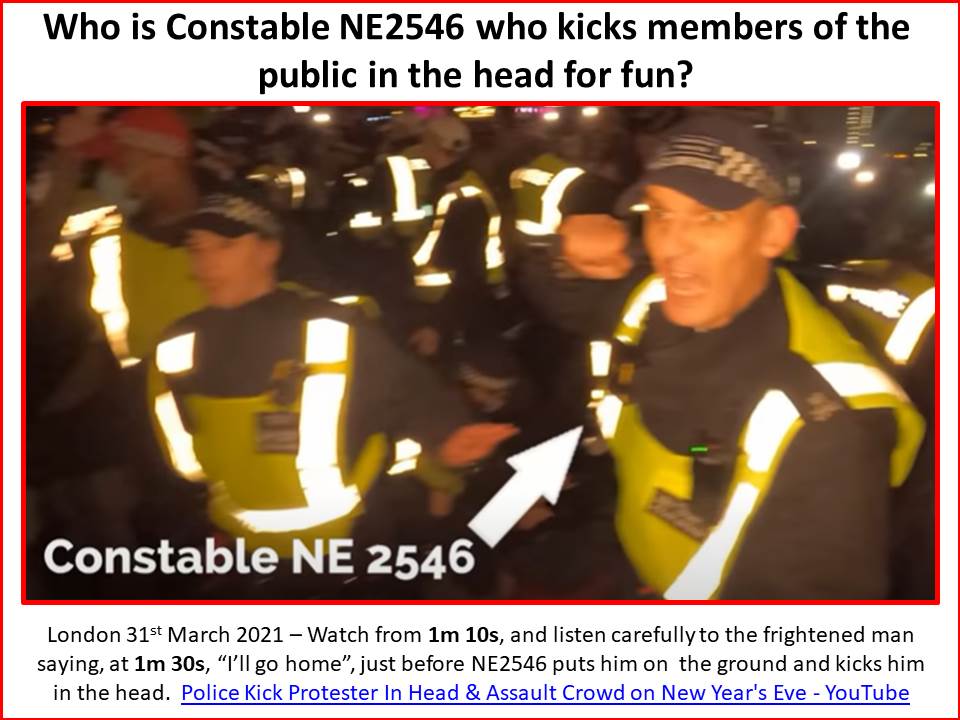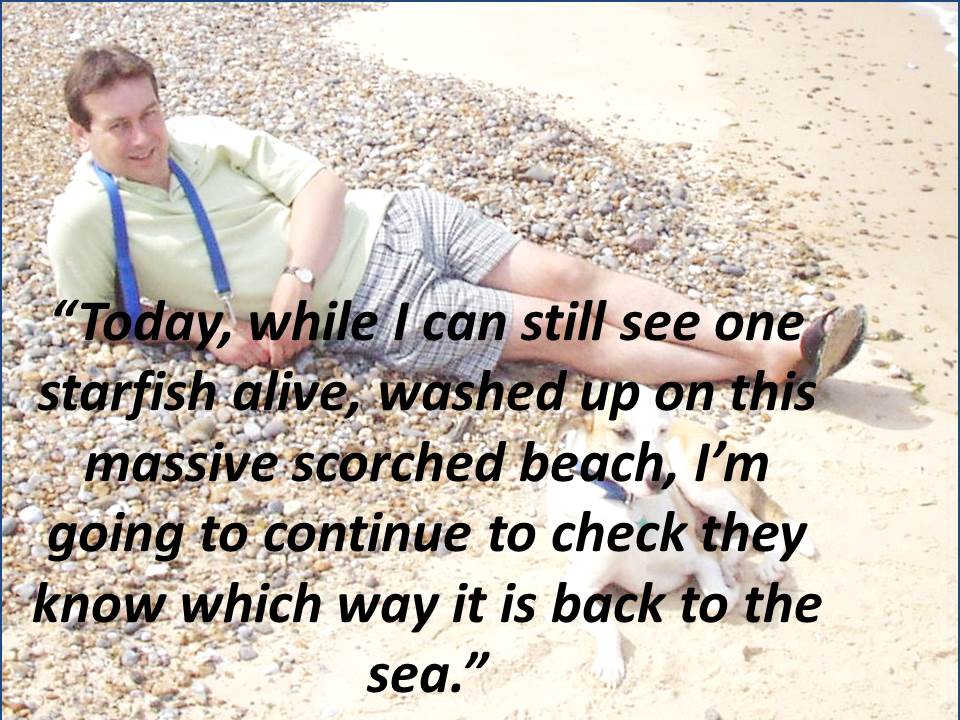Last month I shared’ “I am in agreement with others who study recovery from mood troubles that a first step is to have a long trial of no wheat and no cow’s milk/cow dairy” and, “Being half-hearted in eliminating wheat (usually barley and rye products too) and dairy rarely works.”
I was already avoiding all dairy produce. Within a few days of clearing my house of all wheat containing foods and choosing not to eat any of these anywhere, my gut discomfort mostly disappeared. I was no longer being woken by gut pains.
Was this the cure for my sleep and mood troubles? Not all, as soon as the gut pain went the mild tinnitus I had been experiencing became far worse. Waking in the early hours the whistling sounds in my ears was as bad as almost any gut pain. Along with the whistling a feeling I used to only get if standing near a microwave oven or laboratory magnetic resonance equipment was now troubling me in my own home. Different people have different responses to microwaves and powerful magnets. For me, this feeling has always been like my head being crushed sideways in a vice.
Moving my bed downstairs eased both the whistling and the crushing pain. A few nights later putting the mattress on the floor helped more. Then removing the mattress and sleeping on a thick blanket on the concrete kitchen floor helped even more. By now, every time I went upstairs the whistling and crushing pain returned.
Using my laptop I could tell that the whistling and pain was related to the number and strength of WiFi signals in different parts of my house. I spoke with some of my nearest neighbours who agreed to turn their WiFi and a WiFi enabled printer off overnight. This helped and the first night with that printer off was, for me, one of the longest and most refreshing sleeps this year.
This did not solve my troubles. Day-after-day I just seemed to be becoming more electro-sensitive. It was not just WiFi. I needed changes to the wiring and ways I was using electricity in my own home.
I am continuing to investigate local sources of the man-made radiation and how to reduce their effects on my wellbeing. I need to do this so that I can again use the upstairs of my house.
What about my dairy and wheat experiment?
Other than tea with milk on 3 occasions, I have been 100% free of dairy produce, which has helped enormously with my breathing.
I had zero wheat/oats/barley/rye for 34 days, then had a portion of chip-shop chips, which I normally avoid as I consider the types of fat and deep frying process to be detrimental to health. I think these chips were contaminated with gluten as many chip-shop chips are. That evening I had a tiny glass of beer. I slept well, but woke feeling dreadful. The next evening I finished the 500ml bottle of beer. I did not sleep well. I was awake from 12:30am and felt extremely unwell. I won’t go into detail here about my next 12 trips to the toilet over the next 24 hours, other than to say these were very much non-standard.
I had kidded myself that the German beer would be free of gluten. It was not. I now saw the allergy advice on the label was very clear. “Barley: contains gluten”.
Why do we keep on wanting dairy and wheat/barley/rye even when again and again we have proved, to ourselves, these are damaging our health?
I used to say that my desire was largely driven by habits and social pressures as most people around me continue to consume these many times every day.
There is also the calming/relaxing effect from morphine like compounds from partially digested dairy and wheat.
After what happened over the 35 days I am thinking about one more ‘advantage’ of consuming wheat: It was only when I stopped both dairy and wheat consumption that my electro-sensitivity became so bad as to almost totally disable me. As soon as I consumed the contaminated chips and clearly labelled beer the tinnitus and crushing pain lessened, with my new obsession with protection from man-made Electro-Magnetic-Fields (EMF) subsiding.
It is like with physical pain when our attention is always drawn only to the greatest or most acute pain. I am wondering if others have noticed what I have. Already being free of all prescribed medications/drugs and then avoiding the morphine-like-compounds associated with dairy and gluten, my brain increasingly noticed the man-made radiation ‘soup’.
This has left me with another question: How many bipolar diagnosis are linked in some way to exposure to EMF, WiFi and now perhaps ‘smart-meter’ radiation.
Thinking back to my own hospitalization in 1997, mobile (cell) phones were still a rarity in the UK. In the 5 days leading up my hospitalization I was away from home and had borrowed a mobile phone, which I used excessively, holding it pressed up against my ear. Prior to this I’d had very little contact with mobiles. I certainly am not claiming that mobile phones alone can cause severe mood disorders. I am suggesting mobiles and other sources of EMF may be contributors to many, if not all, modern psychiatric troubles.
What do you think?
I am going back to zero dairy and gluten. I am also admitting that the risks of gluten from beer are too high for me at this time.
I’ll close, as I did a month ago, by saying that the first step in recovery from almost anything would seem to be getting out of denial and accepting we may need to do something radically different. On Friday, I have called a group together to discuss the effects of EMF and what we can do to better understand its effects and how we may each need to respond to the increasing number of sources and the strength of these new sources, such as the role out ‘smart meters’.



 Here are just a few of the things I find influence my sleep:
Here are just a few of the things I find influence my sleep: